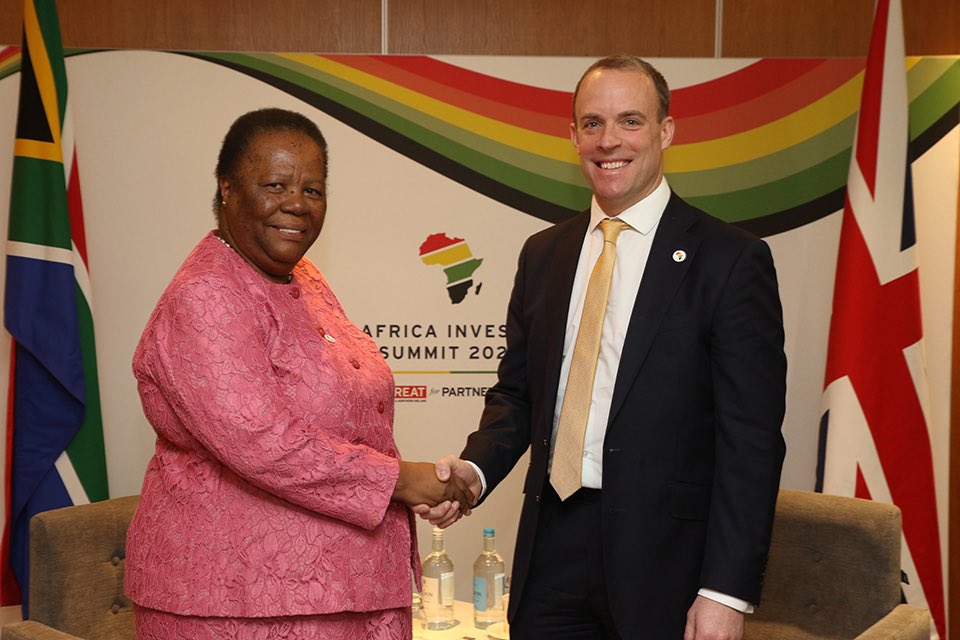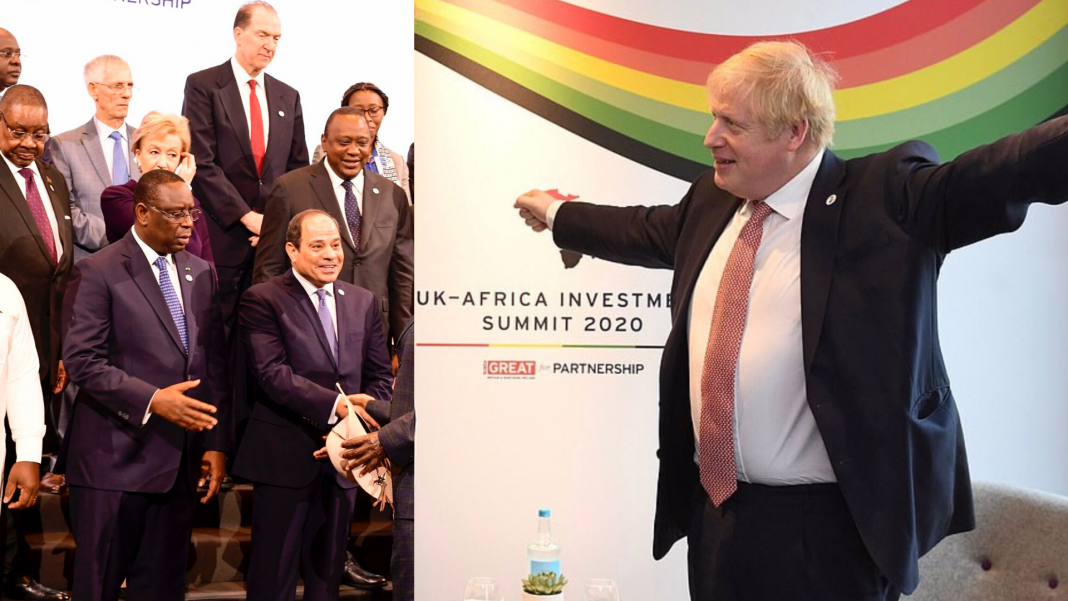Riyaz Patel
The UK’s International Development Secretary, Alok Sharma, says he is optimistic that relations with Africa will be “turbo-charged,” with trade, business and investment deals being struck left, right and centre.
“Africa’s economic potential is huge, with eight of the world’s 15 fastest growing economies and a population set to double to over 2 billion by 2050,” said Sharma.
And the UK-Africa Investment Summit can be seen as evidence of the appetite of the UK government for this significant expansion.
“This Summit is a major step in unlocking the UK’s unique offer, becoming Africa’s investment partner of choice and benefiting people and businesses across the UK and Africa,” he added.
But, trade is tricky. Trade agreements trickier, and trade negotiations to get those agreements locked exponentially more complicated.

Trade volume $bn (Source: UK Office of National Statistics)
This means that any potential change in actual trade conditions is still some way off.
Beyond the 2020 horizon, trade arrangements between many African countries and a fully-Brexited Britain are also set to remain intact under a number of so-called “continuity agreements.”
These basically say that the trade conditions (tariffs, quotas, standards and so on) remain the same as they are currently between a number of African countries and trading blocs and the EU.
One such example is the 2019 Economic Partnership Agreement with the Southern African Customs Union (SACU) – comprising South Africa, Botswana, Namibia, Lesotho, eSwatini (formerly Swaziland) and Mozambique.

However, the “continuity agreements” will eventually run out, and that’s when analysts believe the real opportunities and challenges for African states will emerge.
Outside the influential EU bloc, the UK, technically anyway, has less negotiating clout. That could mean that African countries that trade with Britain may perhaps be able to squeeze out slightly more preferential terms in negotiations.

The lion’s share of the UK’s effort, though, will most certainly be aimed at securing the best deal possible with the EU, its closest and, by far, its biggest trading partner.
Beyond that, agreements with the US, China, South Korea and Australia are likely be prioritised, which means that African countries will be quite far down the list.
Where does South Africa Fit In
South Africa does the most trade with the European Union (EU).
Minerals, cars and agricultural products are exported into EU and of that total, 18% end up in the UK. But some agricultural products are subject to quotas.

In theory, the UK could allow greater access to the British market than it does under the current arrangement, something which, for example, South African wine makers could take advantage of.
But equally, their French counterparts could lean on their government to pressure Brussels negotiators to get their exported wine into the UK under more preferential terms than those from South Africa.
The Brexit effect, of course, goes beyond trade. So if the UK falls into a recession after Brexit, South Africa could be hit hard.

The UN calculates that the UK is South Africa’s eighth-largest import and export market in global terms.
The SA Presidency say the UK is Pretoria’s 6th largest trading partner, with volumes of close R80 billion annually.
If the UK’s economy catches a recessionary cold, South Africa’s could get flu. And given South Africa’s powerhouse status as regards other African economies, that would not bode well.
As far as African companies are concerned, the post-Brexit world will depend very much on the nature of their business with both the EU and the UK.
“Companies that depend heavily on EU-related preferences in the UK market need to keep a watchful eye on developments in Europe; and on negotiations between the UK and their own country on future arrangements,” says Matthew Stern at DNA Economics in Pretoria.
But as African politicians and business leaders depart London after a frantic day of shuttle trade diplomacy, the uncertainty remains, albeit against the backdrop of a “new era of UK investment into the continent,” as tweeted by the UK Department of InternatIonal Trade.
It may be mitigated to some degree by the continuity agreements, but somewhere down the line, new agreements will probably have to be negotiated.
With input by the UK Department for International Trade

